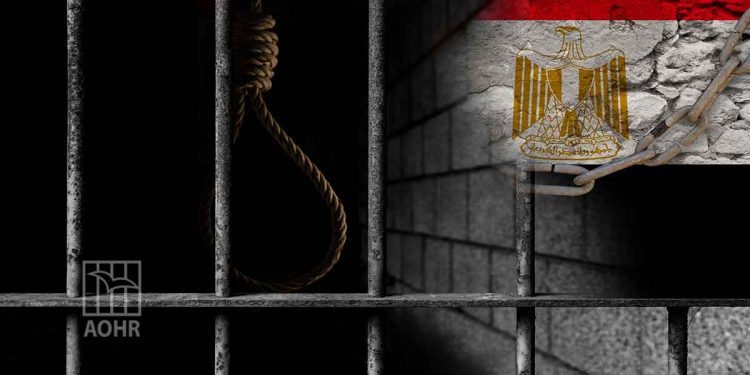An Egyptian journalist detained in Badr 3 prison, Ahmed Sebea, has revealed to a court the fact of 200 suicide attempts in the same prison over the past month.
Sebea told a court that detainees began their protests against general conditions in the prison approximately one month ago.
Against detainees’ protests, prison authorities have adopted a number of repressive tactics, including a reduction of detainees’ food.
Sebea described events in the prison during his own trial, as judged by Wajdi Abdel Moneim, who demanded that the defendant’s comments be removed from the session’s minutes.
All Badr 3 detainees were removed from the courtroom following Sebrs’s remarks.
The events were subsequently described by various lawyers present.
At the same time, yet another detainee of Badr 3 attempted suicide, according to a message leaked from the prison.
The detainee, referred to as “Mohamed”, tried to take his own life “in the hope of seeing his father in hospital”, the letter said.
The letter claimed that one of the prison’s senior officials boasted that Badr 3 is “the worst prison in the Middle East.”
The detainee in question has not seen his family for 7 years, the letter explains.
Even in the case of family members being detained in the same prison complex, visitations are denied, the letter said.
“Mohamed” survived the attempt, the letter makes clear.
Sebea, a member of Egypt’s largest journalists trade union, is being tried along with 57 other defendants, including several prominent trade unionists and academics.
He was arrested on 28 February, 2020, in Cairo, and is accused of “participation in a terrorist group” and “publishing false news”, amongst other allegations.
Since his arrest over two years ago, he has only been allowed to speak with a lawyer on one occasion. He suffers from various medical issues, though has not been provided with adequate care.
According to the International Covenant on Civil and Political Rights, “all prisoners shall be treated with the respect due to their inherent dignity and value as human beings.”






























